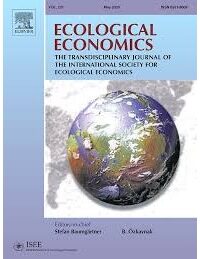In early 1946, the United Nations Relief and Rehabilitation Administration (UNRRA) initiated a programme to build six penicillin factories, in Czechoslovakia, Poland, Yugoslavia, Ukraine, Belarus and Italy. The continuous availability of this, the first antibiotic, was deemed necessary to combat the plague of sexually transmitted diseases (STDs) ravaging war-torn Europe. However, the UNRRA initiative coincided with rising hostility between East and West, and was ultimately obstructed by the United States. The newly-established World Health Organisation (WHO) failed to help, dragging the fledgling organisation into its first major crisis. Eventually, despite all the obstacles, the Polish, Czechoslovakian and Yugoslavian plants were opened and began production, becoming the foundation of a new industry which would reshape the European pharmaceutical market over the next few decades. This article analyses how, via a prolonged battle, the UNRRA’s single largest medical aid programme veered from potential failure to a success.
A 'Lasting Memorial' to the UNRRA?
Implementation of the Penicillin Plant Programme in Poland, 1946-1949




